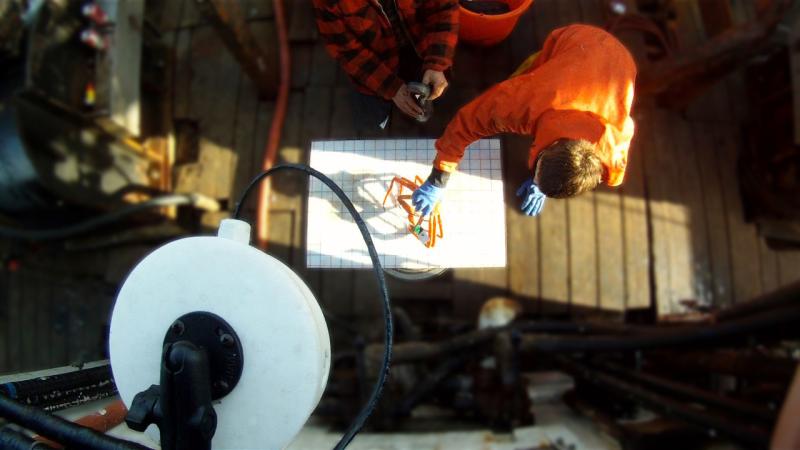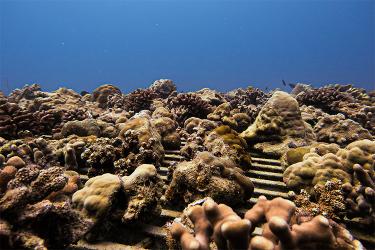NOAA Fisheries is stepping up enforcement to ensure the safety of federal fisheries observers and at-sea monitors in the Northeast. Federal laws prohibit harassment, intimidation, and interference with federal fisheries observers. These laws apply to everyone onboard during an observed fishing trip.
“We take observer and monitor safety seriously and we want vessel owners, captains, and crew to take it seriously, too,” said Jeffrey Ray, the Assistant Director of the Northeast Division for NOAA's Office of Law Enforcement. “It is illegal to interfere with or harass federal fisheries observers in any way while they are near or aboard your vessel. No exceptions.”
Working with federal and state enforcement agencies, NOAA’s Office of Law Enforcement will be conducting more operations focused on observer safety and preventing harassment and interference.
“No one, including the owner, captain, or crew, are allowed to intimidate, interfere with, or harass an observer,” said Ray. “There are standards of behavior that must be followed when an observer is present on the dock or onboard a vessel.”
NOAA’s goal is to increase awareness, promote compliance, and bring to justice those who mistreat observers. Violations include both civil and criminal penalties, which could include fines exceeding $200,000 and 10 years of imprisonment. “We are going to aggressively respond to any observer incidents in the Northeast,” said Ray.
“There are many vessel owners, captains, and crew who follow the law. Others do not. The violators are who we are after,” he added.
Our Eyes and Ears on the Water
Fishery observers and at-sea monitors are the agency’s eyes and ears on the water. They collect data from U.S. commercial fishing and processing vessels as well as from shoreside processing plants and receiving vessels.
“Our observers and at-sea monitors are critical to the management of sustainable fisheries,” said Jon Hare, Director of the Northeast Fisheries Science Center. “Their work collecting data—often under difficult conditions—provides the core information needed to estimate total catch, track quotas, and reduce bycatch, which is essential to maximizing fishing opportunities for the long term.”
Observers and monitors are trained and certified by NOAA Fisheries but are employed and deployed by private companies. Since 2004, NOAA Fisheries observer training has included tactics for defusing harassment situations and handling hostile environments.
“It is a challenging environment,” said Katherine McArdle, who leads the Fisheries Monitoring Operations Branch. “Our intent is to give observers the confidence they need both to deal with a situation with a vessel and to report it.”
As part of this increased enforcement, NOAA will be gathering information from all observers to confirm that they were not subject to any type of harassment, intimidation, or interference during their fishing trip. Any reports to the contrary will be investigated by NOAA’s Office of Law Enforcement.
In May 2022, a new rule will go into effect that requires a major shift in observer coverage for the groundfish sector vessels in the Northeast. In addition, we will implement new observer requirements for herring and some scallop vessels. NOAA wants to reach out to these vessel owners, captains, and crew, who may not have carried observers or monitors before, and make sure they understand the law.
“We need observers, and we need them to be able to perform their job safely, without interference or harassment,” said Hare.




